Following an Agreement in 2009 between the THETIS Foundation and the University of Cyprus (UCy), the Chair of Thetis Foundation on Maritime Archaeology was established in 2007. Since then, courses of Maritime Archaeology have been included in the curriculum of the Department of History and Archaeology of UCy.
Thus, our students have the opportunity to follow courses on ancient navigation, shipbuilding, ancient ports and methods of travel through the sea, as well as to follow practical training on the field. The aim of the courses is to provide young archaeologists with a maritime perspective to their way of comprehending their research field.
ARCH 175: Navigation in Antiquity
Since 2009, the following undergraduate courses have been offered at the Department of History and Archaeology at the University of Cyprus:
|
ARCH 175: Navigation in Antiquity
The aim of the course is to introduce students to the history of navigation in antiquity. The characteristics of human activity in the sea and its diachronic development are analyzed. Special attention is given to the significance of nautical activity in the development and formation of the cultural and social identity of the people of the Mediterranean.
|
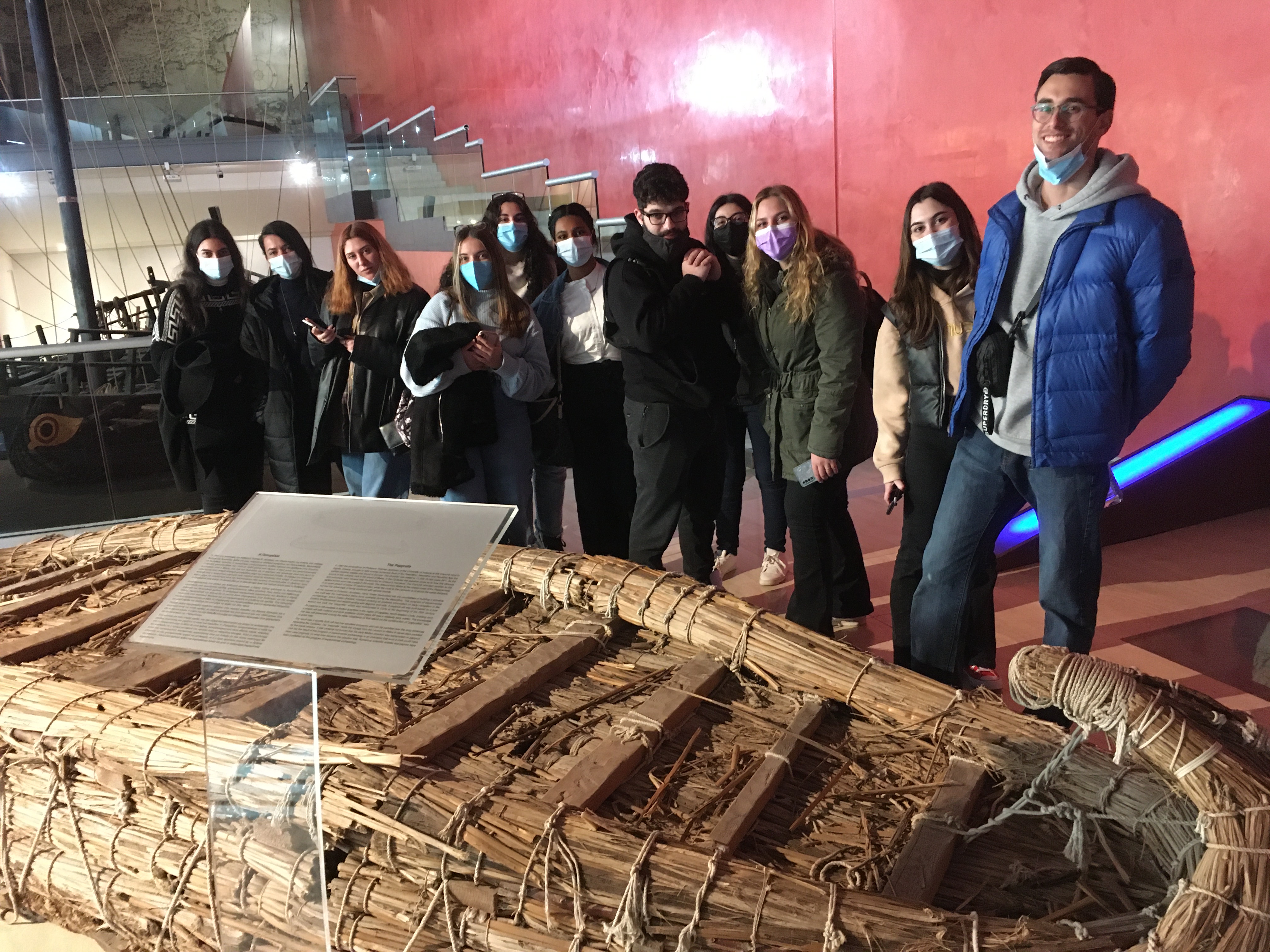 |
|
|
|
||
|
ARCH 202: Archaeology of the Sea in the Mediterranean
With the development of Maritime Archaeology, our knowledge on seafaring and its role in the evolution of humankind expanded considerably. The aim of the course is to introduce students to the basic principles and concepts of archaeological research of human activities in the sea, and to present the most important maritime finds in the Mediterranean (coastal settlements, shipwrecks, harbours).
|
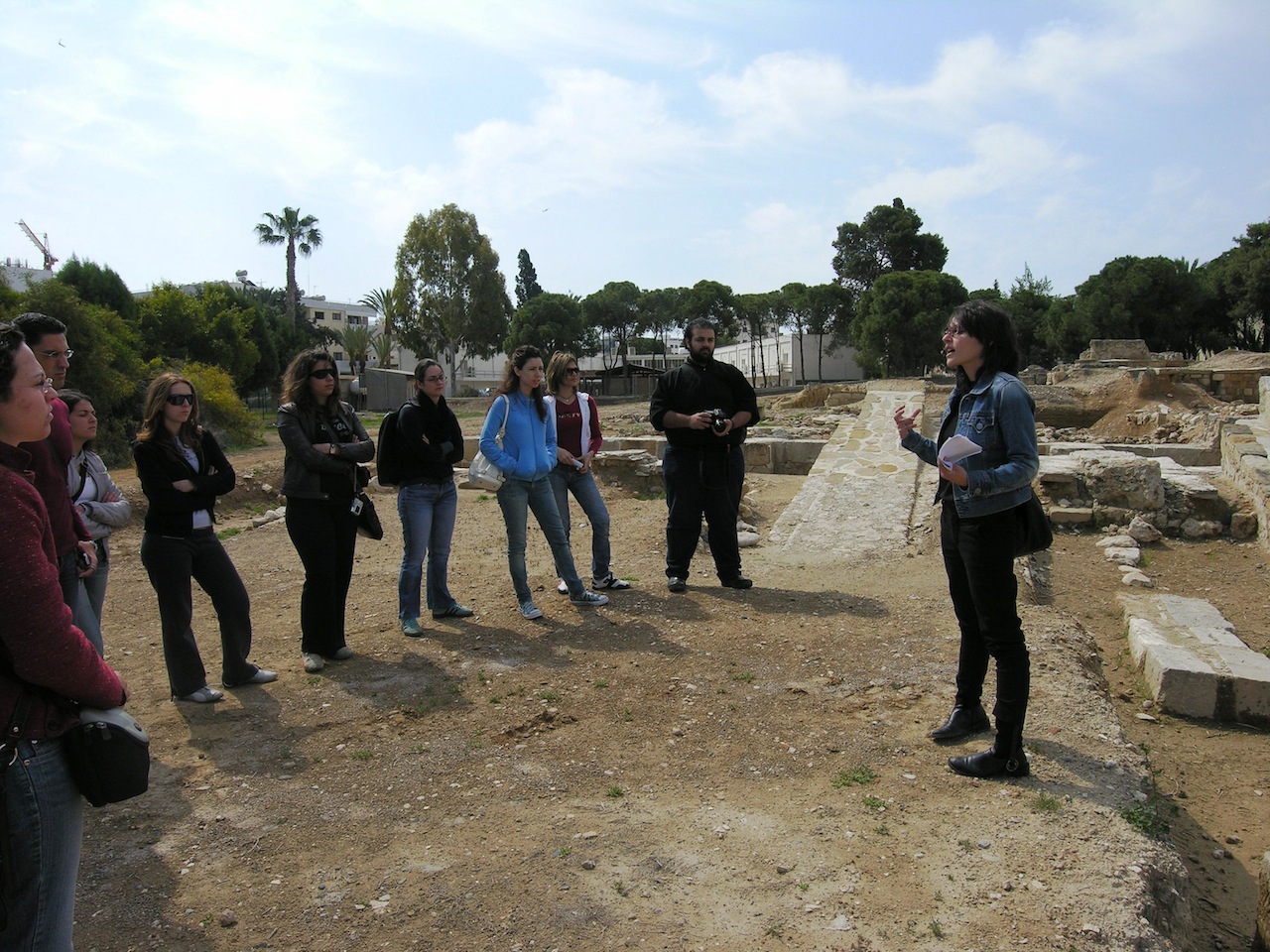 |
|
|
The course examines the main types of ships and ports from the archaic until the roman period, based on the iconographic testimonials and the material remains. Students are expected to study the development of navigation and nautical technology during the periods under review, using their historical and archaeological knowledge. Particularly, the basic types of ships of each period are presented and characteristic relevant finds are examined, in order to clarify the technical details, the different sizes and their basic functions. In this context, the issue of the ports is also examined.
|
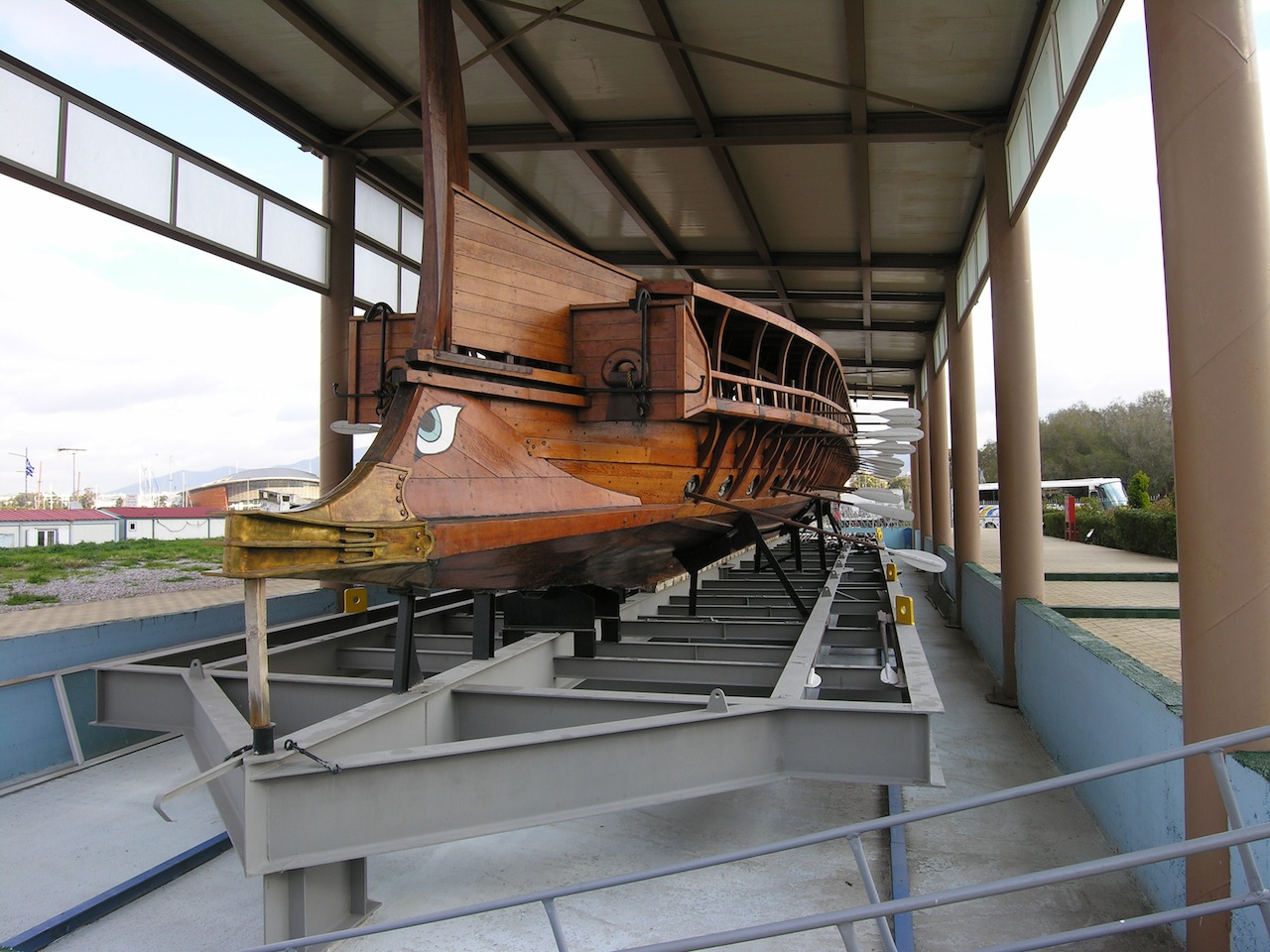 |
|
|
ARCH 272: Nautical Tradition in Cyprus in Antiquity
The main objective of the course is the archaeological evidence related to nautical activity in Cyprus from the Late Bronze Age until the Byzantine period. Particularly, ancient seaborne trade as well as the basic stages of the development of the types of ships and port facilities are examined, so that the significance of the maritime finds located on the island (shipwrecks, anchors, ship replicas, amphorae) are better evaluated. The aim is to form a holistic view regarding the position that Cyprus had in the international nautical environment of the Eastern Mediterranean throughout antiquity.
|
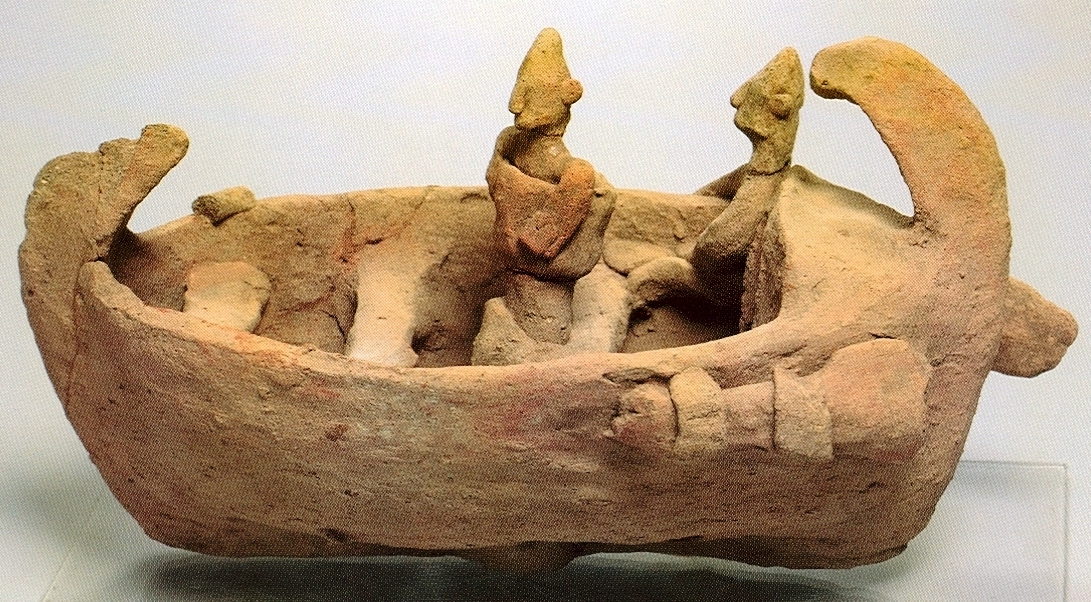 |
|
| ARCH 273: Ships, Ports and Commerce during the Byzantine Period (4th – 15th century A.D)
Since the Late Roman period, transferring the capital marked the beginning of a number of important changes in various aspects of life in the Roman Empire. The main commercial routes were relocated to the East, increasing both the significance and the number of ports in the area. The gradual change in the financial and social facts of the Empire caused similar changes in navigation and shipbuilding, as well as in the commercial transactions. The aim of the course is to examine the changes in the light of existing evidence of maritime archaeology of this period (iconography, texts, shipwrecks, ports facilities).
[Back to top] |
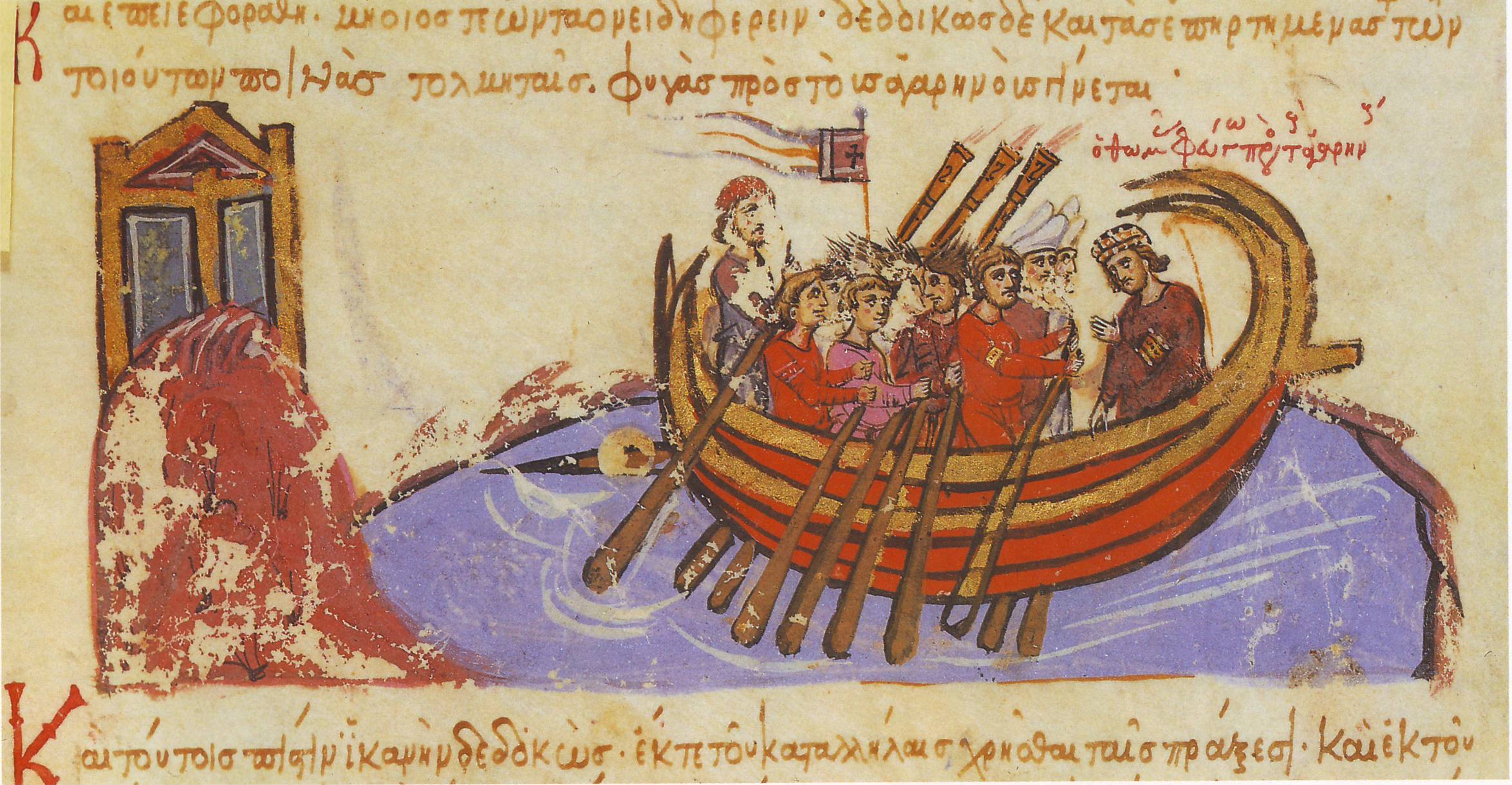 |
|
|
ARCH 274: Sea travels in antiquity
|
 |
|
|
ARCH 285: Methods and techniques of Underwater Archaeology
The purpose of this course is to introduce students to underwater archaeology and familiarize them with underwater archaeological research. The course includes both lectures and practical sessions. During the lectures, students will learn about the history and methods of underwater archaeological research by reviewing the most important case studies. The main objective is that students understand the distinctive features of underwater research, and approach maritime finds as sources of historical information.
Students will learn, both in the classroom and during practical lessons, about the basic principles and methods of plotting, photography and conservation of underwater finds as well as the importance of technological support during underwater works.
|
 |
|
| ARCH 286: Early Navigation in the Eastern Mediterranean
The Mediterranean is one of the world's earliest foci of maritime activity, as it is documented very early in the history of its civilizations. The aim of the course is to present an overview of the sources, the finds and the sites, through which the early stages and the development of seafaring in the Eastern Mediterranean can be followed, from its very early stage until the Late Bronze Age.
|
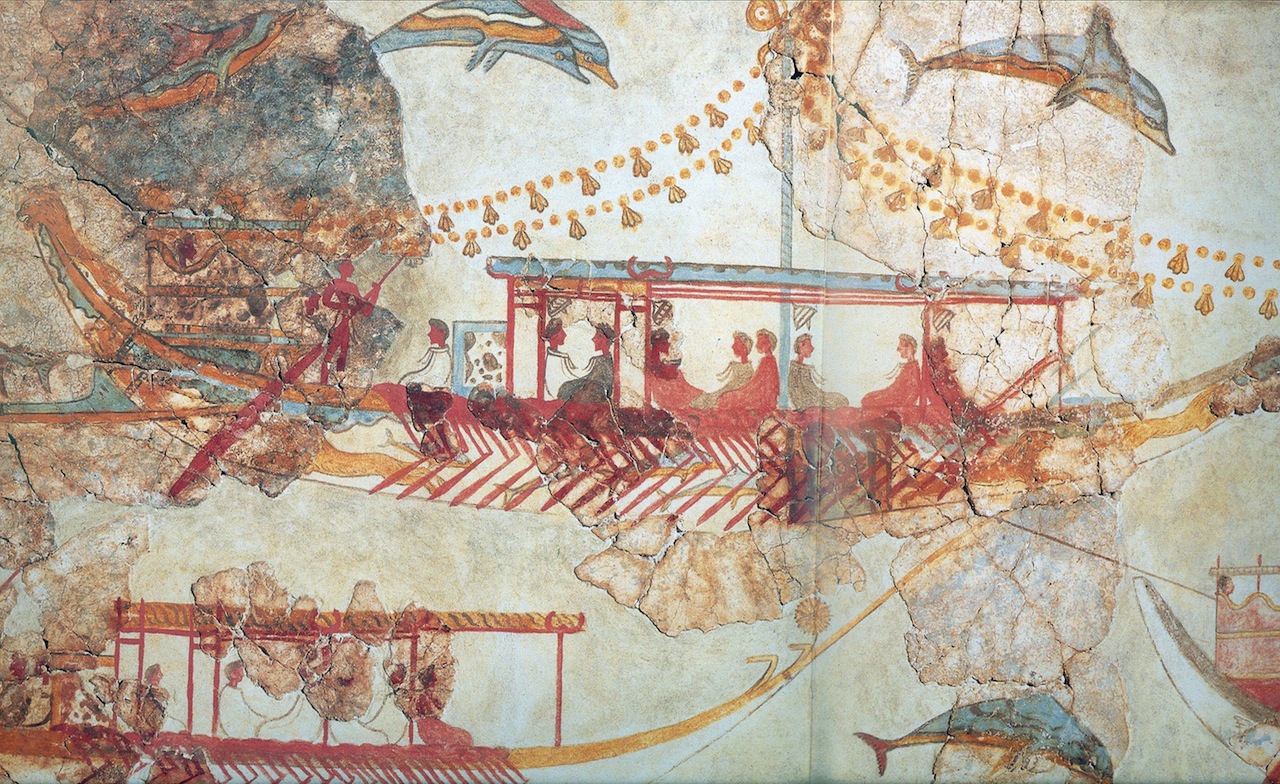 |
|
|
ARCH 361: Amphorae: History, Use and Interpretation
Amphora is the main vessel for transporting liquids on ships. They are excavated on land as well as in the sea (settlements, graves, sanctuaries, shipwrecks, ports) and are evidence of commercial transactions through the sea. The aim of the seminar is to familiarize students with the different sectors of the archaeological science which are combined for their comprehensive study: ancient economy, maritime archaeology, construction techniques, ceramic technology, typology, epigraphy, dietary habits. Special attention is given to the interpretation of the above issues based on the historical reality that imposed changes in their form and use over the centuries.
|
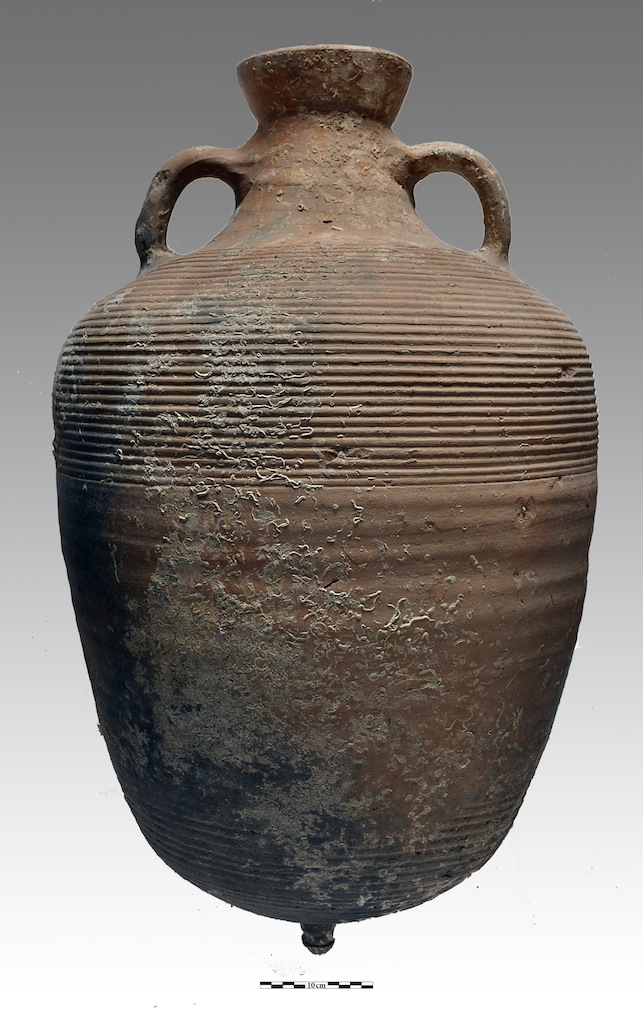 |
Postgraduate
The Master's Programme of the Department of History and Archaeology Field Archaeology on Land and Under the Sea offers courses on maritime archaeology both in the class and in the field.
